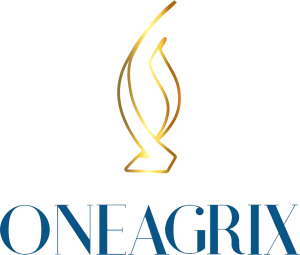http://blogs.forbes.com/melaniewells
Just one day after explosive devices were found in packages sent from Yemen, UPS probably isn’t talking about the Middle East as a marketing Mecca. But the head of its ad agency, Ogilvy & Mather, says he believes more marketers should tailor messages to appeal to Muslims, a powerful consumer group.
I spoke with Miles Young, global CEO of Ogilvy, today before he was slated to be the keynote speaker at the 2010 American Muslim Consumer Conference in New Brunswick, N.J.
Young, whose agency is part of WPP Group, says he wants to emphasize “the importance of Islamic branding and why the market should be appreciated by marketers.” Says he: “There has been some apprehension and fear about engaging properly with this audience.”
This audience is a big one. Nazia Hussain, head of strategy for Ogilvy Noor—Noor means “light” in Arabic—says there are 1.8 billion Muslims in the world and as many as 8 million in the U.S. One reason it may be important for marketers to communicate with them: A growing number of young Muslims are online and feel free to express their views on the Internet, Hussain says.
The ad executives want to raise awareness of Ogilvy Noor, a consulting practice the agency launched in May to focus on Islamic branding. The group is peddling results of a study on the subject for $9,400. It has been purchased by Coca-Cola, Unilever, Nestle, Ford Motor, and American Express.The agency has released a report benchmarking the appeal of 35 specific brands to Muslims. Among the brands getting the highest marks for being Muslim friendly: Lipton, Nestle, Kraft and Pringles. Brands that aren’t so appealing? Financial service companies Citibank, HSBC and RBS.
UPS isn’t on the brand index and Young said he didn’t know if the company, which tapped Ogilvy for global ad duties a year ago, had seen its study.
Authorities on Friday intercepted two U.S.-bound packages on UPS and FedEx cargo planes in the U.K. and Dubai. That event, says Young, shouldn’t keep marketers from stepping up efforts to engage a powerful group that may someday be as mainstream in the U.S. as the Hispanic market. It would be “disgraceful” for marketers to “exclude a whole community,” says Young.


:quality(70)/cloudfront-eu-central-1.images.arcpublishing.com/thenational/WC6UPQPLY5ECVKFOCP6WHWV3XU.jpg)

